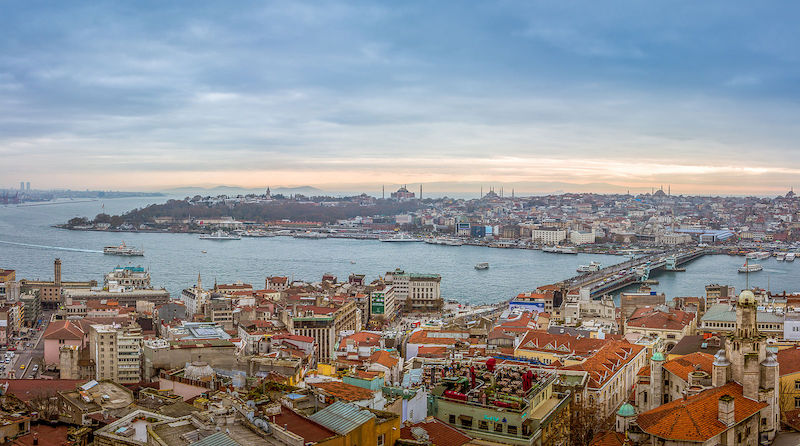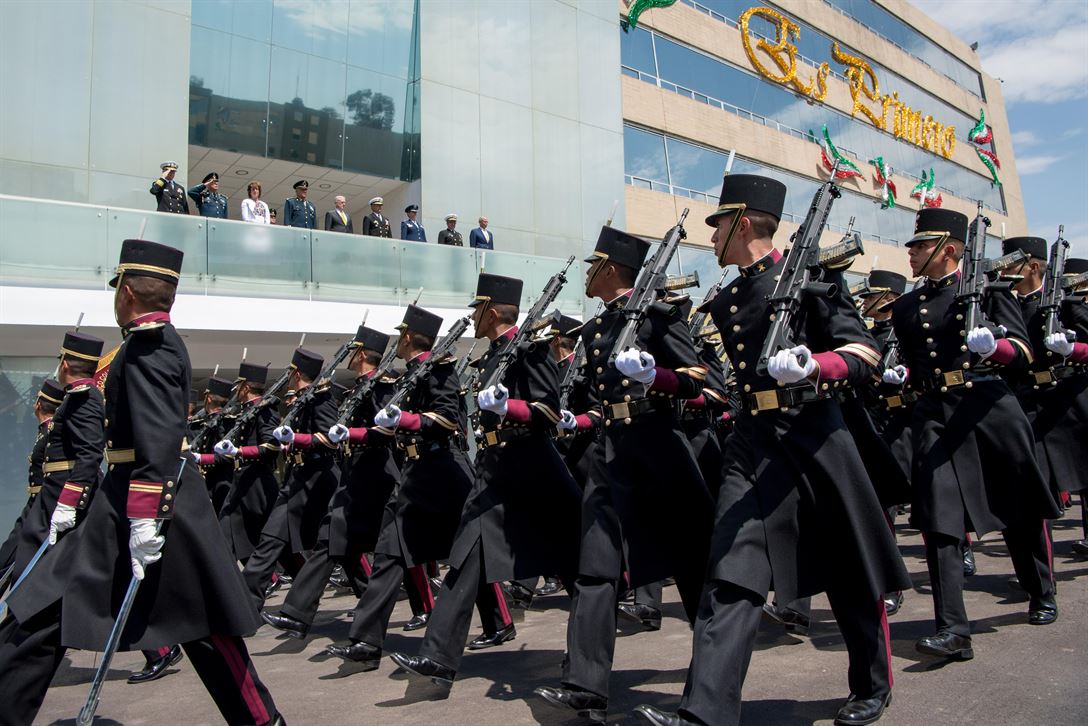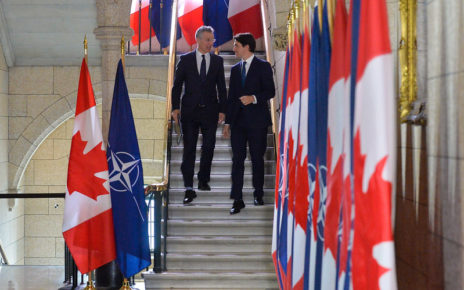On January 1, 2017, a luxurious nightclub in Istanbul, Turkey, often frequented by celebrities and foreigners, became the scene of a brutal terrorist attack that ISIS has claimed responsibility for. A lone gunman stormed into the club packed with 600 people, killing 39 people and wounding many more. 15 foreigners were found among the dead, including Alaa Al-Muhandis, a Canadian woman from Milton, Ontario. The attack is merely the latest in a series of attacks in Turkey, intensifying instability and strife throughout the country.
Turkey currently faces insurgencies on two fronts. While ISIS and the Syrian conflict have captured major news attention around the world, in Turkey’s eastern region the Kurdistan Workers’ Party (PKK) is bearing arms against President Recep Tayyip Erdogan’s government because of a decades-old feud between the two groups that has only grown more tense with the ongoing Syrian conflict. The Kurds have always longed for a higher degree of autonomy to live within Turkey, while Turkish officials have said the Kurds want to carve out their own independent state, similar to what the Syrian Kurds have attempted to do.
A two-year-old ceasefire between the PKK militia and the Turkish government came to a halt on July 25, 2015, when Turkey officially entered the fray in Syria to join the US-led coalition. While Turkish forces in Syria have been assisting in the fight against ISIS, it seems they have also been focused on limiting the growth in power that the Kurds in Syria have achieved on the battlefield. In response, the PKK started bombing the Turkish army, thus ending the ceasefire agreement. From then on, terrorism has swept through Turkey as both PKK and ISIS add to increasing destabilization with each attack.
The PKK and ISIS have targeted airports, soccer stadiums, city streets, and even public gatherings like weddings. However, while ISIS is bent on creating chaos and panic from spillover turmoil in Syria, PKK insurgents are striking back against the state from years of oppression. Both groups are creating an intense security situation within Turkey, and Erdogan’s ability to thwart these attacks is uncertain. According to BBC, Turkey has seen 269 attacks in 2016.
Amidst these security threats, Turkey also underwent a failed military coup on July 15, 2016. Conflict brought bloodshed to the streets of Istanbul and other parts of the country while Erdogan fought to keep control of his state. In the end, 80,000 officials were detained or suspended and 270 people (mostly civilians) were killed in the fighting. Police officers, judges, writers, and journalists have been arrested for alleged links to the coup, and even its military officials have been purged. As instability grows in Turkey, Erdogan tightens his grip over the country. The direction he is taking is becoming increasingly autocratic. Several media outlets have been closed, internet usage has been cut in the southeastern regions, and Erdogan has made motions to change the constitution in order to to grant himself more power. He is attempting to maintain stability by suppressing the very freedoms democracy boasts.
Turkey is an important ally to the US-led coalition in Syria, and a vital member of NATO. The country is supposed to be a stable democracy in a volatile Middle East. However, increasing security threats and terrorist attacks will encourage Erdogan to clamp down harder on any person or group that lashes out against the state, which could plunge Turkey deeper into instability.
In order to prevent further chaos, Erdogan’s government must refrain from thinking it is absolute. For Erdogan to unite a divided nation, he must start by granting more freedom to the press. Currently, Turkey appears to have overtaken China as the world’s leader in jailing journalists, making it an outright attempt to muzzle freedom of speech. With no boundaries, Erdogan will be able to do what he pleases by acting under “paranoid intolerance” rather than democratic consideration. Turkey also needs to make peace with the PKK militia, starting with de-escalation procedures in order to limit the human cost of the conflict. Once there is lasting peace, strides must be made to integrate the Kurdish minority into its mainstream society. This can be done by ensuring everyone has equal democratic rights, equal educational opportunities, and the ability to enter parliament.
Beyond that, Turkey should also seek agreements with the European Union (EU) as it was doing during the Syrian migrant crisis. An effective system of cooperation between Europe and Turkey will control the EU’s exterior borders and allow for more efficient handling of asylum-seekers. It will also put Turkey on course for fostering stability and improving its fragile democracy. However, as it stands now, Turkey will have a difficult time dealing with the security threats from ISIS and PKK through sheer force alone. Other improvements must be made because if nothing changes, Turkey will be on course for yet another bloody year.
Photo: Panorama of Istanbul taken from Galata tower (2014), by Juraj Patekar via Wikimedia Commons. Licensed under CC BY 2.0.
Disclaimer: Any views or opinions expressed in articles are solely those of the authors and do not necessarily represent the views of the NATO Association of Canada.




